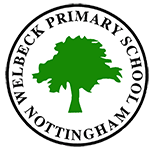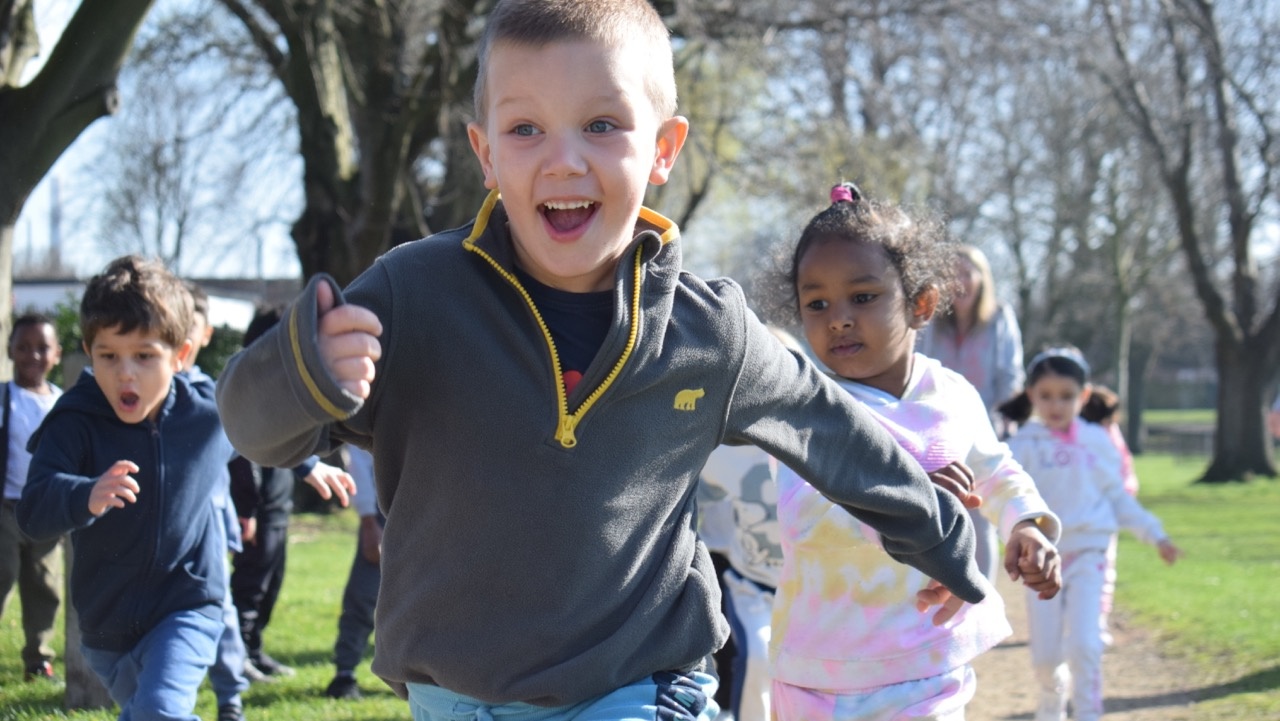Year 1
Children learn to:
Speak and listen for a wide range of purposes in different contexts
1. Speaking
- tell stories and describe incidents from their own experience in an audible voice
- retell stories, ordering events using story language
- interpret a text by reading aloud with some variety in pace and emphasis
2. Listening and Responding
- listen with sustained concentration
- listen to and follow instructions accurately, asking for help and clarification if necessary
- listen to tapes or video and express views about how a story or information has been presented
3. Group discussion and interaction
- take turns to speak, listen to others’ suggestions and talk about what they are going to do
- ask and answer questions, make relevant contributions, offer suggestions and take turns
- explain their views to others in small group, decide how to report the group’s views to the class
4. Drama
- explore familiar themes and characters through improvisation and role play
- act out own and well-known stories, using voices for characters
- discuss why they like a performance
Read a wide range of texts on screen and on paper
5. Word reading skills and strategies
- read words by blending adjacent consonants, including simple two-syllable words
- use phonics to read unknown or difficult words
- recognise all common digraphs and trigraphs
- read automatically high frequency words
- use syntax and context to self-correct when reading for accuracy and meaning
6. Understanding and interpreting texts
- identify the main events and characters in stories, and find specific information in simple texts
- make predictions showing an understanding of ideas, events and characters
- recognise the main elements that shape different texts
- explain the effect of patterns of language and repeated words and phrases
7. Engaging with and responding to texts
- select books for personal reading and give reasons for choices
- visualise and comment on events, characters and ideas, making imaginative links to own experiences
- distinguish story and information books and the different purposes for reading them
Write a wide range of texts on paper and on screen
8. Creating and shaping texts
- independently choose what to write about, plan and follow it through
- use key features of narrative in their own writing
- convey information and ideas in simple non-narrative forms
- find and use new and interesting words and phrases, including ‘story language’
- create short simple texts on paper and on screen which combine words with images (and sounds)
9. Text structure and organisation
- write chronological and non-chronological texts using simple structures
- group written sentences together in chunks of meaning or subject
10. Sentence structure and punctuation
- compose and write simple sentences independently to communicate meaning
- use capital letters and full stops when punctuating simple sentences
11. Word structure and spelling
- segment sounds in order to spell longer words including words with common digraphs and adjacent consonants
- write correct spelling for common vowel phonemes
- use knowledge of related words and familiar suffixes in spelling new words
12. Presentation
- write most letters, correctly formed and orientated
- write with spaces between words accurately
- use the space bar and keyboard to type name and simple text

